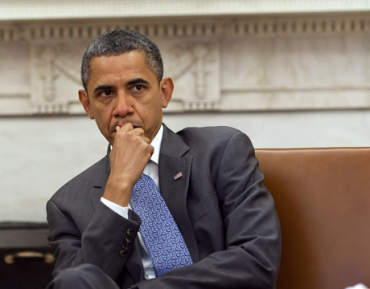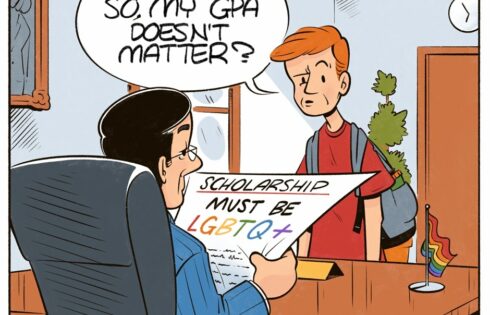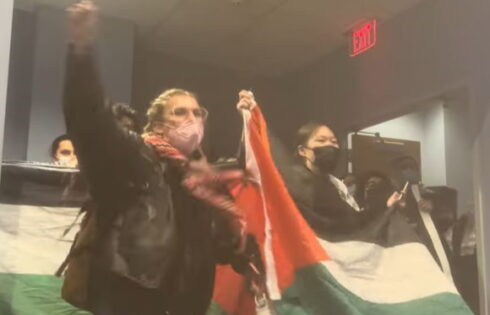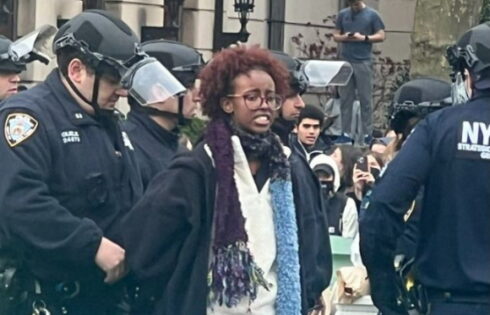
When President Obama takes to North Carolina State University tomorrow, the reception might be a little cooler than it’s been in the past.
The president’s poll numbers took a hit across all demographics over the summer, but youth voters especially. Between Memorial Day and Labor Day, Obama’s support among adults aged 18-29 went from 59 percent to approval to 46 percent, according to Gallup—a 13 percent drop.
It’s even bigger drop from two years ago, when Obama polled at 75 percent approval from young voters.
“The group that just graduated from college – who were in college for the first campaign – they have a little bit more cynical look because they remember why they voted for him,” said Dr. Adam Chamberlain, Assistant Professor of Politics at Coastal Carolina University. “They were stimulated by his campaign ideas of change and wanting to see a new type of government arise from this, and that didn’t happen, of course.”
Obama’s lost support from young whites, in particular.
According to a report released by Greenberg Quinlan Rosner Research, in 2008, Democrats held a 16 point advantage over Republicans among white youths; Democrats currently trail Republicans by 5 points in this demographic. That’s a 21-point change in three years.
The lack of jobs and an overall poor economy are the likely source—as it has been for every other president in rough economic times, according to Dr. John J. Pitney, Jr., Crocker Professor of Politics at Claremont McKenna College.
“The clearest pattern in politics is that when the economy goes bad, people throw out the party in power,” said Pitney. “The thing that matters most is the economy.”
The Jobs Report released earlier this month put unemployment for adults 18-29 at 16.4 percent. That marked the sixth consecutive month with greater than 16 percent unemployment for the demographic.
“Obama, if he is going to stimulate the youth vote, has to instill some confidence in them that the economy will turn around, that jobs will be available for them when they get out of college,” Chamberlain said. “If he can’t do that he is going to have a problem connecting with young people.”
But if Obama’s losing youth support, Republicans aren’t exactly gaining it.
Gov. Mitt Romney, the default “top-tier” Republican candidate used in the Greenberg Report to face off against Obama, received just 39 percent of the vote; a drop of 1 percent from the results of the 2010 mid-term elections.
Though unlikely to win, Ron Paul and Jon Huntsman are seen by some as viable contenders against Obama in the youth demographic.
“If we imagine a world where Paul were able to (get past the Republican Primary),” Chamberlain said, “I think he would have an easier time stimulating the youth to turn-out – whether for him or against him – than a Romney or a Rick Perry…who are maybe not appealing to that demographic.”
Even if Republicans can’t secure much youth support, turnout rates may rule the day, however.
Obama’s election coincided with extremely high turnout rates for the youth demographic. In 2008, young voters made up 18 percent of the electorate. In last year’s landslide midterm elections, though, only 11 percent of voters were ages 18 to 29.
Josh Fatzick is the news editor of the Coastal Carolina Chanticleer. He is a contributor to The College Fix.
Like The College Fix on Facebook / Follow us on Twitter




Please join the conversation about our stories on Facebook, Twitter, Instagram, Reddit, MeWe, Rumble, Gab, Minds and Gettr.